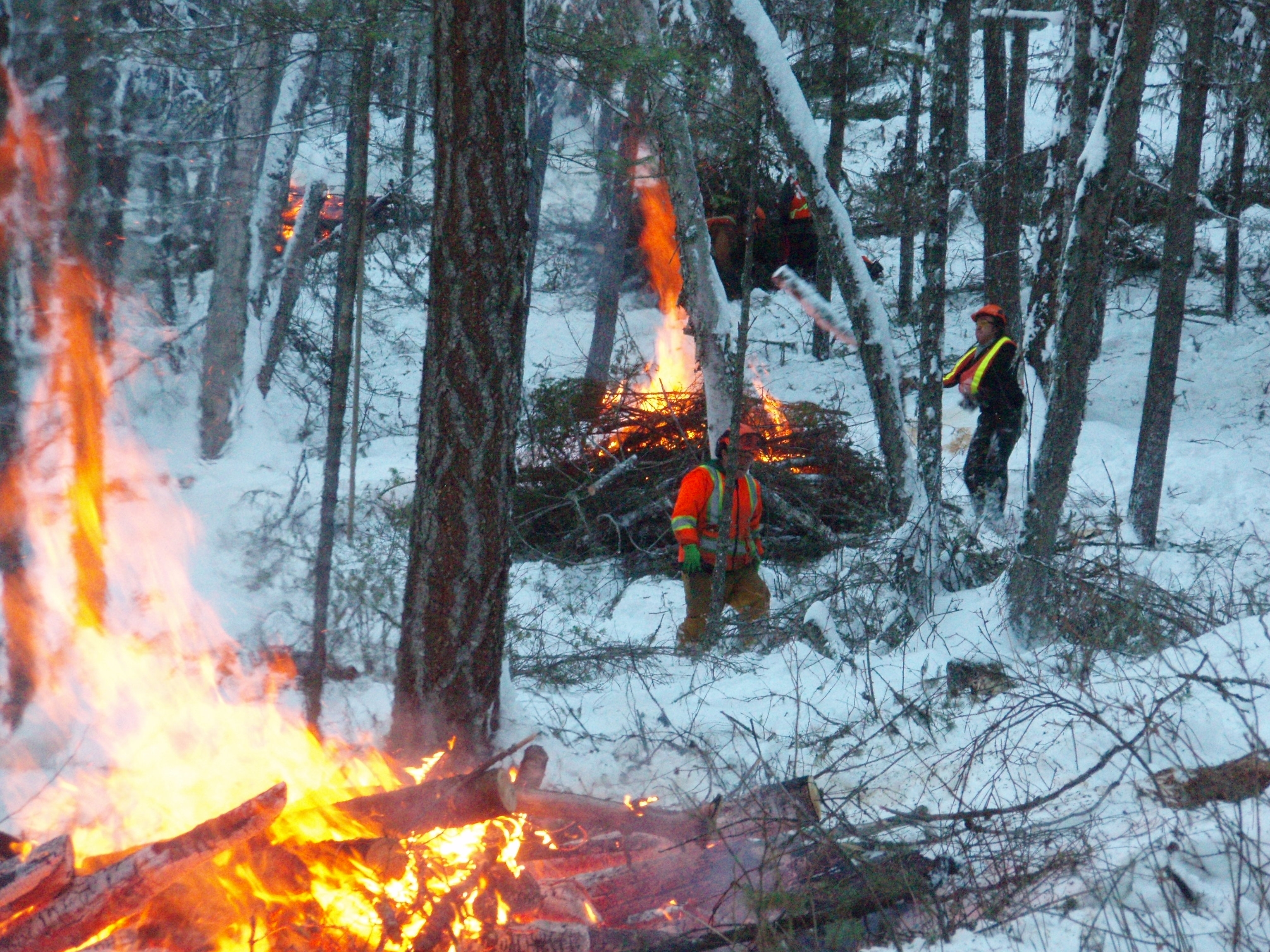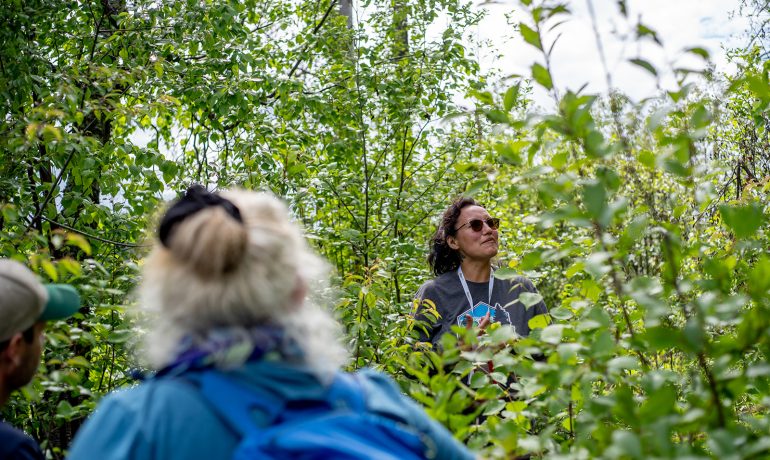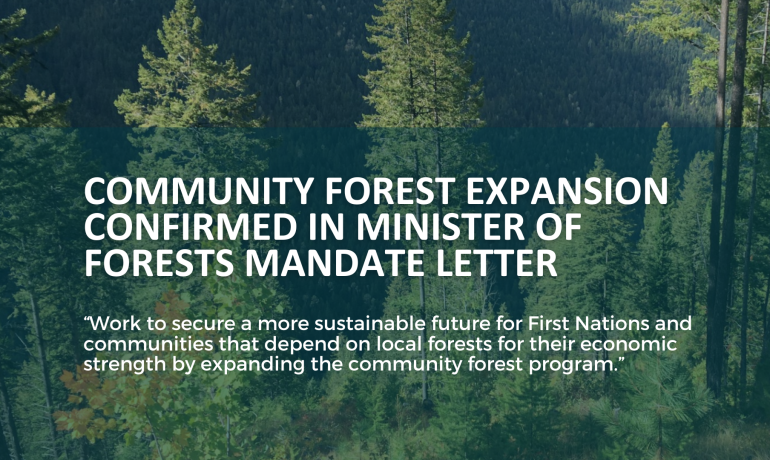NEWS RELEASE Ministry of Forests, Lands and Natural Resource Operations
April 7, 2011
WEST KELOWNA – The Province is committing $25 million over two years to further protect B.C. families and communities from the threat of wildfires, Forests, Lands and Natural Resource Operations Minister Steve Thomson announced today.
The new funding supports the Strategic Wildfire Prevention Initiative, used by local governments and First Nations to reduce the risk of interface wildfires where forests and grasslands meet cities and towns. Since 2004, more than 230 community wildfire protection plans have either been initiated or completed by local governments and First Nations.
Community wildfire protection plans identify areas at risk and identify fuel management projects to address them. Fuel management activities, such as spacing live trees and removing dead ones, or cleaning up low branches, needles and woody debris that could potentially fuel a fire, are also funded under the initiative.
The new funding adds to $37 million provided by the government of British Columbia and the Government of Canada since the Strategic Wildfire Prevention Initiative was introduced. Funding for the program will continue to be administered by the Union of B.C. Municipalities on behalf of the Province. Funding to local governments will be based on a cost-sharing formula.
Quotes:
Minister of Forests, Lands and Natural Resource Operations Steve Thomson – “In 2009, we saw firsthand how fuel management helped reduce the intensity of the Glenrosa fire in West Kelowna. I hope that local governments recognize the benefits of community wildfire protection plans and take advantage of this funding to make fuel management a priority in community planning.”
Minister of Community, Sport and Cultural Development Ida Chong – “Communities are key partners in wildfire prevention. In addition to creating community wildfire protection plans, local governments can help create safer cities and towns by encouraging fire-safe development. Examples include adopting building standards that support FireSmart principles, such as using appropriate and fire-resistant materials in forested areas.”
Union of BC Municipalities president Barbara Steele –“B.C. communities at risk from wildfire appreciate the benefits of this program. With the high cost of fuel treatment projects, the Province is to be commended for increasing the funding available to communities.”
First Nations Emergency Services Society Pernell Marchand – “Many First Nations communities are located in rural forested areas with access issues. Managing forest fuels is vital. The current funding announcement is greatly appreciated. This will allow for further successes to those communities at-risk to wildfires, and from the impacts of fire suppression, emergency responses and evacuations.”
Quick Facts:
- Since 2004, 238 community wildfire protection plans have been initiated or completed by local governments and First Nations. These plans cover more than 43,000 hectares of land around communities that are most at risk for interface fires.
- In addition to the Strategic Wildfire Prevention Initiative, more than $14 million from the Job Opportunities Program has helped reduce the wildfire risk around 40 communities.
- B.C.’s Bioenergy Strategy also encourages the removal of dead trees and harvesting debris in and around communities for energy production.
Learn More:
First Nations Emergency Services Society fuel management department: http://www.fness.bc.ca/Mt_Pine_Beetle/beetle.htm
What is fuel management? https://ground.hpr.for.gov.bc.ca/whatis.htm
Are you FireSmart? http://bcwildfire.ca/Prevention/firesmart.htm
Contact: David Currie, Public Affairs Officer
Ministry of Forests, Lands and Natural Resource Operations
250 356-5261
Related Post
As Published in Canadian Forest Industries Magazine, Pulp & Paper Magazine and Canadian Biomass Magazine
Jennifer Gunter’s Op Ed, “Community Forests: Rooted in Community,
Minister of Forests Mandated to Expand BC’s Community Forest Program
In the recently released mandate letter to the Minister



